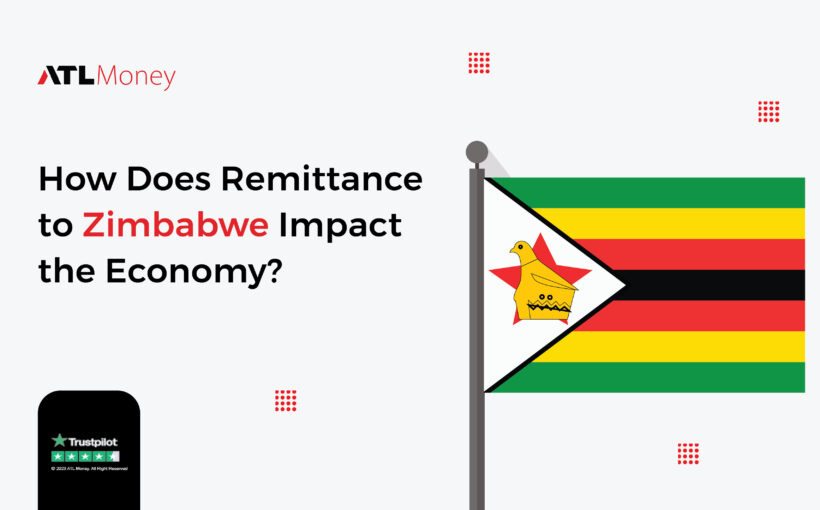Remittances, or money sent from abroad to Zimbabwe, play a significant role in the country’s economy. Remittances provide a vital source of income for many Zimbabweans, and they also help to boost economic growth and development.
The inflow of remittances plays a vital role in shaping the economy of Zimbabwe. As Zimbabweans abroad send money back home to their families and communities, the impact reverberates through various sectors, contributing to financial stability and fueling economic growth. In this blog post, we will explore the significant ways in which remittances to Zimbabwe impact the economy, highlighting their positive influence on livelihoods, consumption, savings, investment, and poverty alleviation.
1. Improved Livelihoods and Household Income:
Remittances provide a lifeline for many households in Zimbabwe, particularly in rural areas where economic opportunities may be limited. The funds received from abroad often serve as a stable source of income, supporting basic needs such as food, housing, healthcare, and education. This influx of money improves the overall well-being of families and enhances their quality of life.
2. Boost to Consumption and Retail Sectors:
Remittance flows inject additional purchasing power into the economy, driving increased consumption. The money sent home is often used to buy goods and services, stimulating demand and benefiting local businesses. This boost to the retail sector creates employment opportunities and fosters economic activity in urban and rural communities.
3. Savings and Investment:
Remittances also contribute to increased savings and investment in Zimbabwe. Families receiving these funds often set aside a portion for future expenses, emergencies, or for starting or expanding small businesses. These savings serve as a financial safety net and can be invested in income-generating activities, fueling entrepreneurial endeavors, and contributing to local economic development.
4. Reduced Poverty and Income Inequality:
Remittances play a pivotal role in reducing poverty levels and income inequality in Zimbabwe. By providing supplemental income, they help alleviate financial constraints and provide opportunities for upward mobility. The funds received enable households to access better education, healthcare, and basic amenities, breaking the cycle of poverty and fostering social and economic progress.
5. Foreign Exchange Reserves and Balance of Payments:
Remittance inflows contribute significantly to Zimbabwe’s foreign exchange reserves, strengthening the country’s ability to meet external obligations and stabilize its currency. This, in turn, positively impacts the country’s balance of payments by providing a reliable source of foreign currency. The stability in foreign exchange reserves enables Zimbabwe to conduct international trade, manage imports and exports effectively, and attract foreign investments.
6. Investment in Infrastructure and Development:
Remittances can also be channeled towards infrastructure development initiatives, such as the construction of schools, hospitals, roads, and utilities. This investment in physical infrastructure enhances the overall economic productivity of the country, attracting further investment and promoting sustainable development.
Remittances to Zimbabwe have a multifaceted impact on the economy, benefiting households, communities, and the country as a whole. By improving livelihoods, boosting consumption, stimulating savings and investment, reducing poverty, enhancing foreign exchange reserves, and supporting infrastructure development, remittances contribute to financial stability and foster economic growth.
ATLMoney facilitates seamless remittance transfers from the UK to Zimbabwe, empowering individuals to play a significant role in shaping and strengthening their nation’s economy.
Send money from the UK to Zimbabwe seamlessly with ATLMoney.
